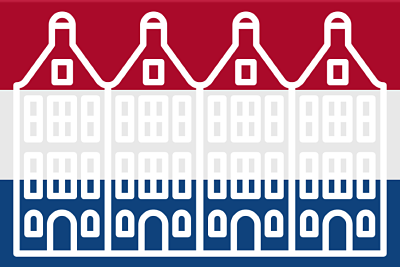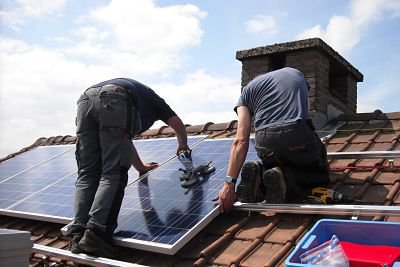Should Expats in the Netherlands Consider
Refinancing Their Mortgage in 2025?
More about Expat MortgagesThinking about refinancing your mortgage (“hypotheek oversluiten”) as an expat in the Netherlands? With interest rates and housing prices shifting, 2025 could be a smart time to review your options. Here’s what you need to know.
Why Consider Refinancing as an Expat?
Why Consider Refinancing as an Expat?
Expats often refinance to:
- Lower monthly payments by securing a better interest rate
- Lock in a fixed rate for greater financial certainty
- Access home equity for renovations or investments
- Switch lenders for improved terms or better customer service
If your fixed interest period is ending soon or you want to benefit from improved rates, refinancing can be worth exploring.
What’s New in 2025?
Mortgage interest rates in the Netherlands stabilized after years of fluctuations, but are still lower than historic averages. This means that many expats, especially those who bought in 2021–2023, may be able to save significantly by switching to a new fixed-rate deal.
Dutch banks also remain open to expat applications, especially for those with stable employment, permanent residence, or a strong financial profile. Some lenders even offer English-language support and flexible mortgage products designed for international professionals.
What Are the Costs of Refinancing?
Switching your mortgage does come with costs:
- Early repayment penalty (boeterente) if you break your fixed-rate period early
- Notary and registration fees
- Valuation costs for a new appraisal
- Advice or mediation fees if using a mortgage broker
However, these costs are sometimes offset by the long-term savings from a lower mortgage interest rate. Plus, some of these fees can be tax-deductible for homeowners in the Netherlands.
How Does the Process Work for Expats?
- Review your current mortgage, find out your current rate, fixed period, and potential penalties.
- Contact an independent mortgage advisor like Hanno. Advisors experienced with expats can quickly assess your eligibility, potential savings, and handle international documentation.
- Get a calculation and mortgage proposal, your advisor will show you different scenarios, lenders, and how much you could save.
- Arrange a valuation and collect documents, this includes proof of income, residence permit, employment contract, and details on your current mortgage.
- Apply and sign the new mortgage, your advisor handles communication with the bank and notary.
Why Use Hanno for Refinancing?
Hanno specializes in guiding expats through the Dutch mortgage landscape. You’ll get clear, honest advice in your own language, a personal advisor who understands international situations, and support with every step, from calculations to paperwork and notary appointments. Hanno also compares offers from dozens of banks and lenders, ensuring you get the best possible deal.
When Is Refinancing a Good Idea?
Refinancing is usually interesting if:
- Your current interest rate is at least 1% higher than the best available offer
- Your fixed-rate period is ending soon (so no penalty)
- You want to increase your mortgage for renovations or to take advantage of tax benefits
- You’re seeking financial certainty with a long fixed-rate
Final Tips for Expats
- Start your research at least 3–6 months before your fixed-rate period ends.
- Collect all relevant documentation early (passport, BSN, employment, residence permit, current mortgage details).
- Ask your advisor about tax implications and deductibility of refinancing costs.
Read more about mortgages


